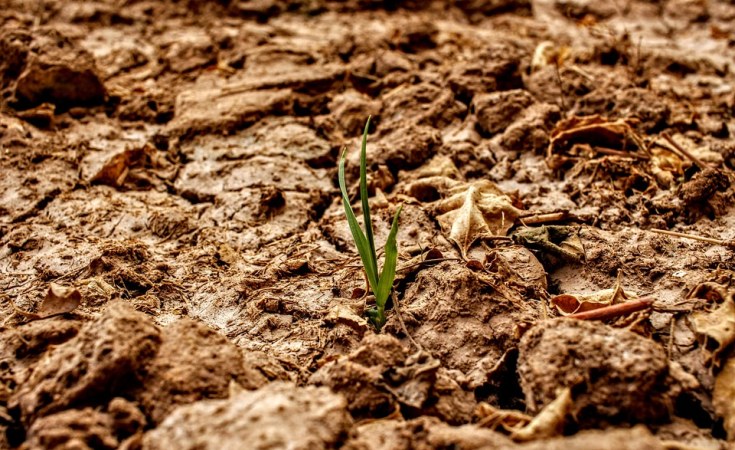Africa's first ever climate summit, held this week in Nairobi, may appear to be a huge political success for Kenya and the continent - but environmental campaigners are warning the result is ultimately disappointing. Not enough is being done, they say, to ensure African countries are better positioned to face the climate disasters already on their doorstep.
The summit ended with the Nairobi Declaration, a unanimously adopted text that defines the shared position of Africa's 54 countries for future climate summits.
The general message is Africa's intention to become a hub for clean energy and a leader in low-carbon economy-based development.
"This declaration will serve as a basis for Africa's common position in the global climate change process," the cover text of the declaration says. "No country should ever have to choose between development aspirations and climate action."
Despite big pledges totalling $23 billion - including $4.5 billion from the United Arab Emirates - climate activists worry the summit has been undermined by loosely worded plans for phasing out fossil fuels and by false solutions such as carbon markets.
Push for energy decolonisation
"These concepts are led by Global North interests and are being marketed as African priorities when in reality they will embolden wealthy nations and large corporations to continue polluting Africa," said Greenpeace Africa.
"Any solution that allows business as usual from the fossil fuel industry and that emphasises clean-up instead of closing sources of dirty energy is bound to fail and cause even more havoc on the environment and communities."
NGOs are also pushing the African Union to be bold in discussing decolonising Africa's energy sector.
On the sidelines of the summit, some 500 African civil society organisations calling themselves the Africa People's Climate Assembly launched the Real Africa Climate Summit initiative to highlight what they call the disregarded voices of African people.
To counter the summit's official declaration, the group also issued a People's Declaration.
"We see that Africa has been and is still being used as an extraction hub for gas and other fossils to close energy gaps in the Global North," said Thuli Makama, of the campaign group Oil Change International.
Biodiversity hotspots such as deltas in Namibia and Senegal were set to become regions of environmental degradation and human rights violations like the Niger Delta, which was pummeled by oil extraction, he added.
Another major concern was the East African Crude Oil Pipeline (EACOP) cutting through transboundary protected sites.
Text 'loaded with platitudes'
For all these reasons, the Nairobi Declaration lays the landscape for a disappointing outcome from Cop28," Nnimmo Bassey, founder of the Health of Mother Earth Foundation, told other charities after the summit.
"The declaration ... barely escaped living up to its billing as a carbon stock exchange jamboree," he said. "It is loaded with platitudes pandering to worn ideas of the carbon market, green growth and so-called land degradation neutrality and other false solutions."
While 60 percent of Africans are small-scale farmers, little was said about supporting them and of enhancing the practice of agroecology, which activists view as a climate solution.
The text also came under fire because it makes no mention of the need for the payment of climate debt, which could be a key source of climate finance.
The Loss and Damage Fund, set up at last year's Cop27 to provide financial assistance to nations most vulnerable to the impacts of climate change, is still yet to be put into place.


